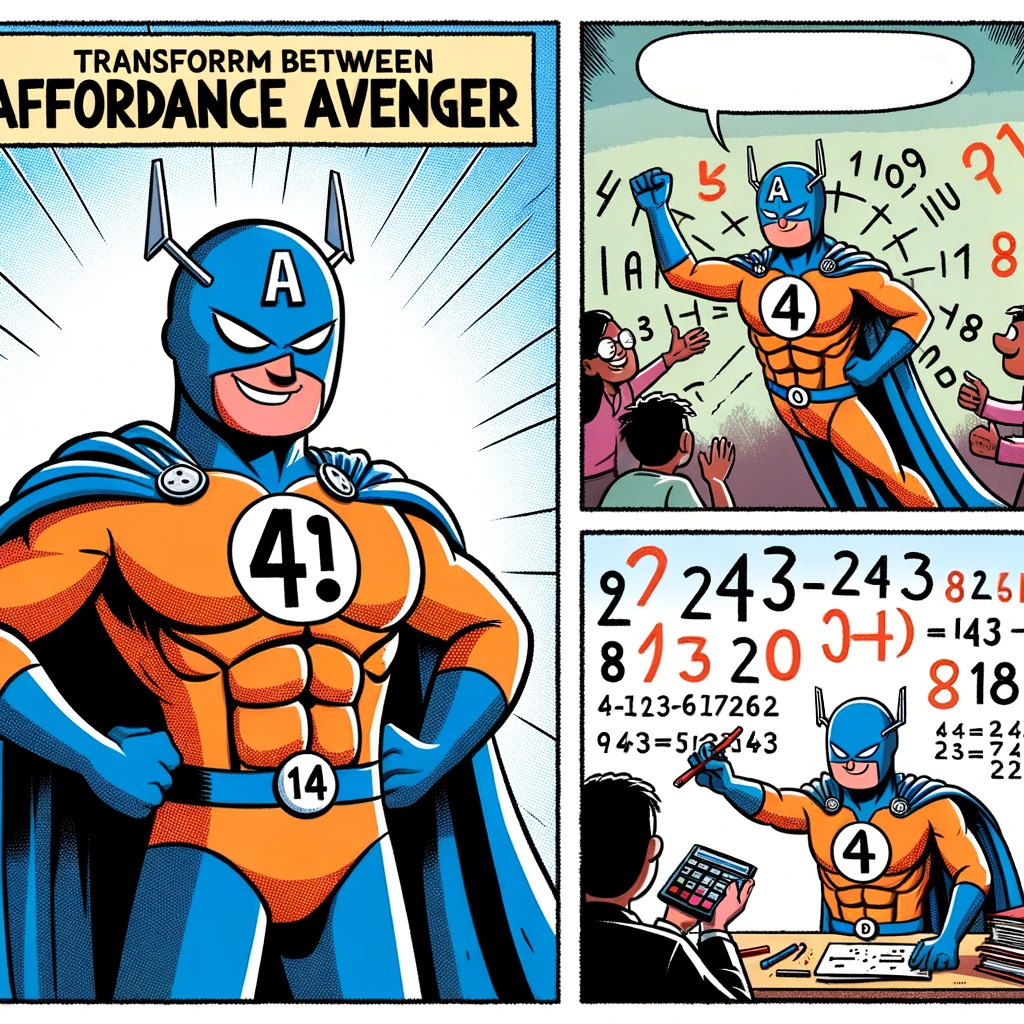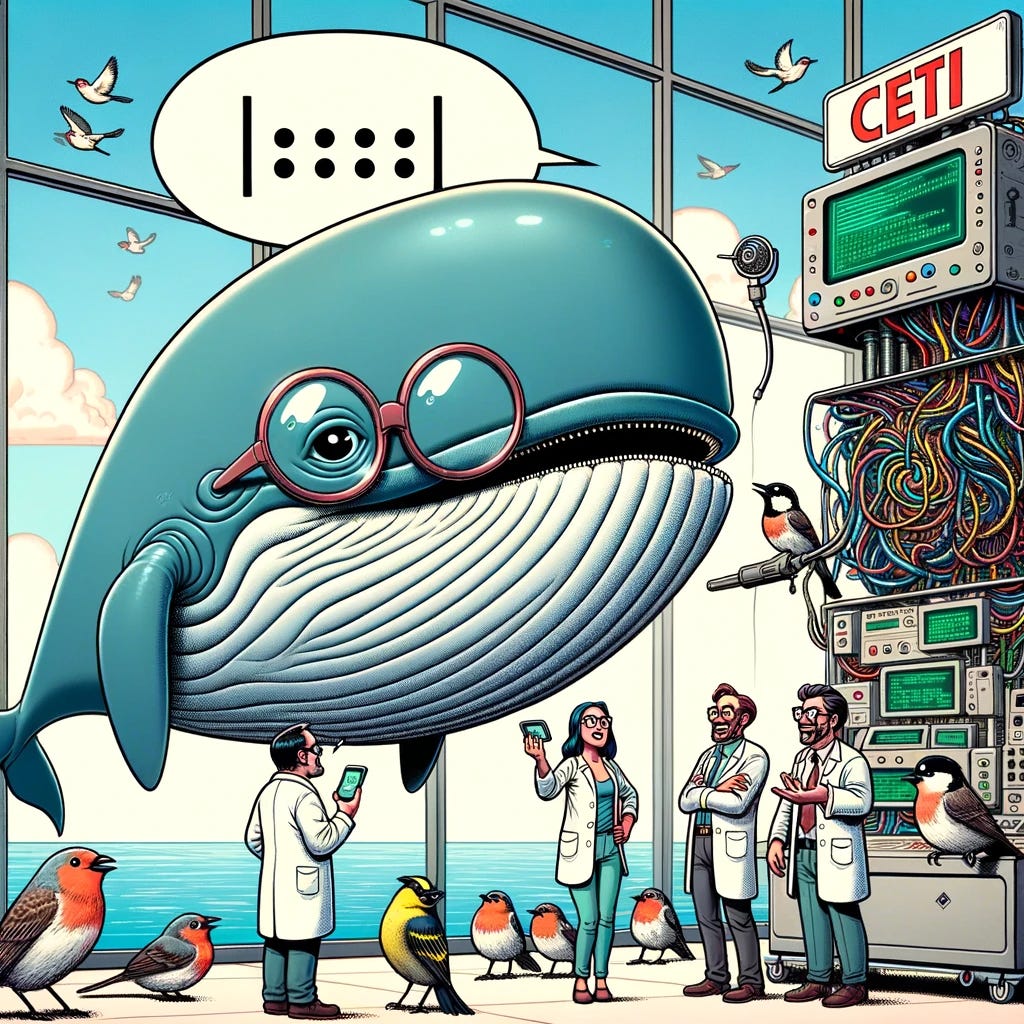In this last episode of the first season of Humainity, the discussion recaps our exploration of the intersection of culture and technology, starting with the concept of "affordance". This concept describes how both tangible objects (e.g., tools) and intangible constructs (e.g., thoughts or ideas) enable or afford certain actions or behaviors.
The idea of affordance can be applied to both physical objects and cognitive constructs, suchb as comparing Roman numerals to Indo-Arabic numerals. Indo-Arabic numerals, which are widely used today, offer more flexibility and ease for arithmetic operations than Roman numerals. While both represent numbers, they afford different capabilities, leading to vast differences in the cultures that make use them.
The conversation then shifts to the impact of artificial intelligence (AI) on human cognition. AI provides "cognitive affordances", extending our mental capabilities, so that the intrinsic abilities of AI are less significant than how we can use AI to enhance our capacities. The discussion touches on the interfacial capabilities of AI systems, which make tasks like writing easier. AI fosters new social interactions, enabling collective creation of text, images, and other sensory materials. AI tools can act as on-call collaborators, reaping the benefits of teamwork even when working alone. We have normalized the use of calculators over the past few decades but despite the availability of such tools traditional arithmetic skills are imparted in educational settings.
Richard shares a personal anecdote about the importance of learning to draw. Despite the existence of photography, he found that drawing classes fundamentally changed his perception of the world. He speculates on the skills that AI might replace but will still remain valuable, much like drawing in the age of photography. Interacting with an image generator, despite being based on text prompts, feels more like a command than a dialogue. This is contrasted with human conversations, though that could be a side effect of the speed of the image generation. If image generation was instantaneous, it might be used in a more dialogical manner. We note that the recent update of Chat GBT that allows users to generate images based on text. This feature, makes the use of images seem more like a dialogue, especially since the system exposes the prompts it used to create the images and explains its reasoning
.
Nevertheless, AI, on occasion, has an almost godlike quality to it — mysterious, inscrutable, and omnipotent. They operate in the background, shaping our experiences without us being acutely aware of their presence. I remember being amazed how Amazon was able to deliver packages at the press of a button, even during a global crisis. We talk about how AI has the potential to revolutionize the way people perceive and practice religion. At the practical level, religious leaders are using AI to help craft their sermons. This is not surprising given that the fascination with AI is widespread, transcending various communities, including religious ones.
How might transform religious experiences? Perhaps AI could lead to the creation of new "sacred artifacts" similar to how the printing press made the Bible, a sacred artifact, widely accessible. These AI-generated artifacts would not only be perceived as sacred but would be deliberately designed with that intent. An interesting concept emerges: the idea of a "Choose Your Own Adventure Bible," which could be facilitated by AI. Such a Bible could allow readers to explore alternative outcomes to well-known biblical stories. For example, the story of David and Goliath could be rewritten to have different endings or twists. This leads to a discussion about AI's capability to handle counterfactuals or alternative scenarios, something humans find challenging, especially when multiple layers of counterfactuals are involved.
The discussion then shifts to the potential of AI in facilitating communication with other species. The CETI project, aimed at communicating with whales, is mentioned as an example. There's curiosity about whether similar large-scale organized efforts exist for communicating with other communicative creatures, like songbirds. The overarching sentiment is that AI technology has the potential to bridge the communication gap between humans and other species. This portion of the conversation concludes with a philosophical touch. Western philosophical views have sometimes been skeptical about attributing cognitive abilities or consciousness to non-human species.
We then move on to a discussion of language and selfhood. AI might shift our focus from meticulous word choice to more architectural aspects of writing. In essence, while humans might be responsible for setting the theme or composition, the AI could fill in the details, thereby changing the very nature of writing and reading. AI models remix existing language, leading to the question of whether this remixing will result in language evolving at a faster or slower pace. Consider punctuation, which is relatively in the history of the written word. AI might introduce new visual or oral features to writing, analogous to how punctuation changed the readability and structure of text. Once such innovations are introduced, they seem obvious and superior, much like punctuation in writing.
More generally, AI might level the playing field in terms of human cognitive abilities. Just as someone proficient in large number calculations isn't considered extraordinarily gifted today, other cognitive feats might be perceived similarly in an AI-dominated future. We liken this to how physical strength, once a significant indicator of social power, has become less consequential in modern society.
That's it for this season of Humainity. If everything goes according to plan, Season 2 will start in early 2024. Meanwhile, I will be back in a few weeks with my regular (i.e., non-podcast) newsletter.















